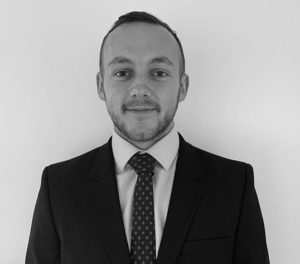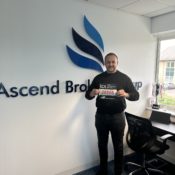
Recognising and responding to abuse
[vc_row][vc_column][vc_column_text]
Recognising and responding to abuse
It can be extremely difficult for children, young people and vulnerable adults to speak out about abuse. Often the fear of negative consequences from speaking to anyone outweighs the safety it could bring. Some may delay telling someone about abuse for a long time, while others never tell anyone, even if they want to. It is crucial that children and young people can speak out and that whoever they tell takes them seriously and, most importantly, acts on what they've been told. Even if a child does not tell someone verbally about what’s happened to them, there may be other signs that something is affecting them. People who work with children need to be able to recognise the signs and know how to respond appropriately.Disclosure
Disclosure is the process by which children and young people start to share their experiences of abuse with others. This can take place over a long period of time – it is a journey, not one act or action. It takes a huge amount of courage for children, young people and vulnerable people to go through the journey of disclosing abuse. Therefore, it's important that anyone who works with children and young people undertaking these steps is able to provide them with the support they need.How disclosure happens
Children, young people and vulnerable people may disclose abuse in a variety of ways, including: - directly – making specific verbal statements about what’s happened to them. - indirectly – making ambiguous verbal statements which suggest something is wrong. - behaviourally – displaying behaviour that signals something is wrong (this may or may not be deliberate). - non-verbally – writing letters, drawing pictures or trying to communicate in other ways. Children and young people may not always be aware that they are disclosing abuse through their actions and behaviour. Sometimes they make partial disclosures of abuse. This means they give some details about what they’ve experienced, but not the whole picture. This may be because they: - are afraid they will get in trouble with or upset their family. - want to deflect blame in case of family difficulties as a result of the disclosure. - feel ashamed and/or guilty. - need to protect themselves from having to relive traumatic events. When children do speak out, it is often many years after the abuse has taken place (McElvaney, 2015).Barriers to disclosure
Some children and young people are reluctant to seek help because they feel they don’t have anyone to turn to for support. They may have sought help in the past and had a negative experience, which makes them unlikely to do so again. They may also: - feel too embarrassed to talk to an adult about a private or personal problem. - feel they will not be taken seriously. - lack trust in the people around them (including parents) and in the services provided to help them. - worry about confidentiality. - worry they will be causing trouble and making the situation worse. - fear the consequences of asking for help. - find formal procedures overwhelming. (Mental Health Foundation and Camelot Foundation, 2006). Not all children and young people realise they have experienced abuse, for example if they have been groomed.Spotting the signs of abuse
Children and young people who have been abused may want to tell someone, but not have the exact words to do so. They may attempt to disclose abuse by giving adults clues, through their actions and by using indirect words (Allnock and Miller, 2013; Cossar et al, 2013). Adults need to be able to notice the signs that a child or young person might be distressed and ask them appropriate questions about what might have caused this. Child protection training can help increase adults' confidence in recognising the indicators of abuse and understanding the different ways a child might try to share what they have experienced. You should never wait until a child or young person tells you directly that they are being abused before taking action. Instead, ask the child if everything is OK or discuss your concerns with your organisation’s designated safeguarding lead, or the NSPCC helpline. Waiting for a child to be ready to speak about their experiences could mean that the abuse carries on and they, or another child, are put at further risk of significant harm (Cossar et al, 2013). Not taking appropriate action quickly can also affect the child’s mental health. They may feel despairing and hopeless and wonder why no-one is helping them. This may discourage them from seeking help in the future and make them distrust adults. Source: NSPCC, 2021 For further information on responding and identifying abuse can be found on the NSPCC website HERE.Any questions? Please don’t hesitate to contact one of our team.
Stuart.belbin@ascendbrokingold.co.uk | Office: 01245 449067

Recent Posts
Ascend Broking0 Comments
Good luck in Sunday’s London Marathon, Stuart!
Ascend Broking0 Comments
Electric Vehicles – What They Mean for Insurance Premiums
Ascend Broking0 Comments




